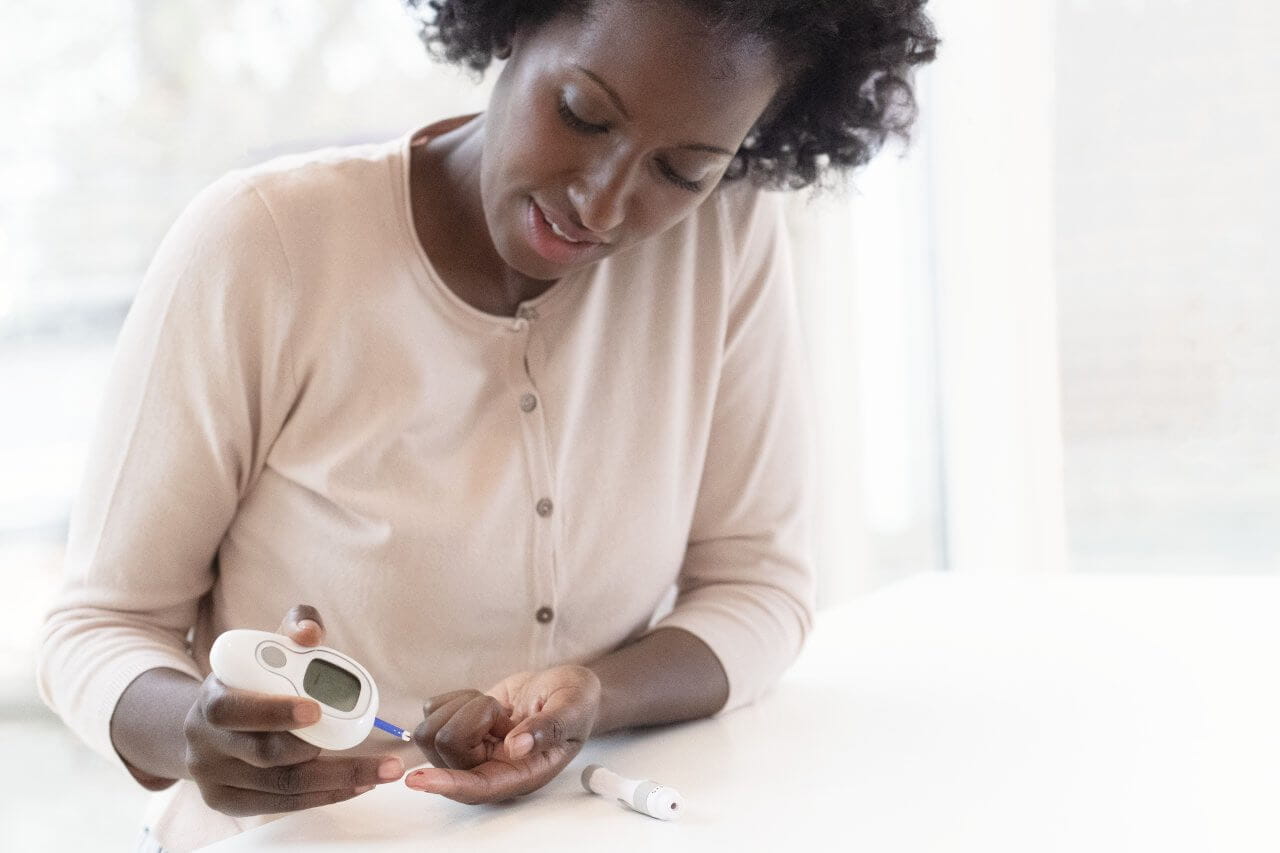What to Know About COVID-19 Breakthrough Cases

Medically Reviewed by Baptist Health
The term “breakthrough cases” is being used more frequently lately. It refers to a situation in which someone who is fully vaccinated against COVID-19 nevertheless contracts the illness. That scenario understandably is concerning to many people.
But should people be worried about this phenomenon? This article answers that question and provides other important information about COVID breakthrough cases.
Breakthrough COVID-19 Cases Aren’t Unexpected
The CDC and other health organizations note that breakthrough cases don’t mean that COVID-19 vaccines aren’t working. While the vaccines are highly effective, especially at preventing serious illness, hospitalization, and death, they are not 100% effective.
Consequently, some people who are fully vaccinated and then exposed to the virus will contract COVID-19.
Breakthrough Infection Symptoms
Typically, people with breakthrough COVID infections will produce few symptoms and those that occur will be mild. If you contract COVID after vaccination, you may not even notice any symptoms. Breakthrough infection symptoms include a moderate cough, worsening allergies, fever, or any other milder version of COVID symptoms. If you experience any out-of-the-ordinary symptoms, it’s best to consult with your doctor, and getting a COVID-19 test may be a good idea.
Save Time and Start Your COVID-19 Test Online
If you’re experiencing COVID-19 symptoms or had been exposed to COVID-19, Baptist Health is able to see you virtually, diagnose and order a COVID-19 test to the urgent care closest to you. Learn more and get started now.
Are Breakthrough COVID Infections Common?
A recent study out of Washington state studied more than 4 million fully vaccinated individuals. Between January 17 and August 21, 2021, the study found breakthrough rates of about 1 in 5,000 people. More recently, some populations have observed COVID breakthrough infection rates of 1 in 100 fully vaccinated people.
New Variants Are Common in Breakthrough Cases
It’s important to note that any strain of the COVID-19 virus can cause a breakthrough case. However, testing is showing that the Delta variants (Delta and Delta Plus) and Omicron variant currently are responsible for most instances of breakthrough infection.
The Delta and Omicron variants are much more contagious than previous strains of the COVID-19 virus. One study conducted in China found that the viral load (meaning the quantity of a virus in a given amount of fluid) is 1,000 times greater than that found in the initial strains. And the higher the viral load, the more likely it is that some with the virus will pass it to others.
Omicron Variant Breakthrough Cases: What You Need to Know
The Omicron variant of COVID is an adaptation that is more contagious than the original virus. Symptoms of Omicron include tiredness, sore throat, fever, coughing, and headaches. These symptoms mirror the original virus in severity. Nasal-swab testing is effective at identifying Omicron. While Omicron breakthrough cases are possible, COVID vaccines are still effective at preventing serious health consequences such as severe illness, hospitalization, and fatality.
Don’t take a chance with your health.
Getting the COVID-19 vaccine is the best way to prevent COVID-19 infection and end the pandemic. The vaccine cannot give you COVID-19, but it can help protect you from serious illness. Learn more about the COVID-19 vaccine and make a vaccination appointment at a location near you.
Getting Fully Vaccinated Remains Very Important
Despite the concern about breakthrough COVID-19, the vaccines are still providing excellent protection overall. For every person that’s exposed to COVID-19 and develops a breakthrough case, thousands of others don’t.
For that reason, everyone who can be vaccinated should get vaccinated as soon as possible. It’s also important for parents to stay informed about vaccinations for children. The minimum age for vaccination continues to drop as more data is reviewed, so a child who wasn’t previously eligible to get the vaccine may be eligible now.
In addition, getting vaccinated is about more than protecting yourself or your child. Vaccination is a process that has brought an end to many contagious diseases in the past, and it can do the same with COVID-19.
COVID-19 Vaccine Breakthrough Booster Shots
The CDC recommends that everyone 12 years old and older receive a COVID booster shot two to five months after getting vaccinated. Booster shots reduce the likelihood that you will experience a breakthrough infection. However, breakthrough infections can occur even with a breakthrough booster shot. If you develop a breakthrough infection after receiving a booster shot, you may develop mild COVID symptoms such as coughing, fever, and headaches.
| Vaccine Brand | Who Should Get a Booster | When to Get a Booster |
Which Booster Can You Get |
|---|---|---|---|
| IF YOU RECEIVED Pfizer-BioNTech |
Everyone 12 years and older | At least 5 months after completing your primary COVID-19 vaccination series | Pfizer-BioNTech or Moderna (mRNA COVID-19 vaccines) Teens 12–17 years old may only get a Pfizer-BioNTech COVID-19 vaccine booster |
| IF YOU RECEIVED Moderna |
Adults 18 years and older | At least 5 months after completing your primary COVID-19 vaccination series | Pfizer-BioNTech or Moderna (mRNA COVID-19 vaccines) |
| IF YOU RECEIVED Johnson & Johnson’s Janssen |
Adults 18 years and older | At least 2 months after receiving your J&J/Janssen COVID-19 vaccination | Pfizer-BioNTech or Moderna (mRNA COVID-19 vaccines) |
Vaccination and Other Disease-Fighting Tactics Work
In addition to getting vaccinated, you can further minimize your risk of contracting COVID-19 by using all the disease-fighting tactics we learned when the pandemic started: wash your hands thoroughly and frequently, avoid crowded places, wear a mask if appropriate, and stay home if you’re not feeling well.
These practices work. Plus, they can make you feel more in control of your health and wellness. Make an appointment today to get vaccinated against COVID-19 and protect yourself from a serious illness.
Next Steps and Useful Resources:
Schedule a Vaccine Appointment
Start Your COVID-19 Test Online
Delta Variant FAQ



